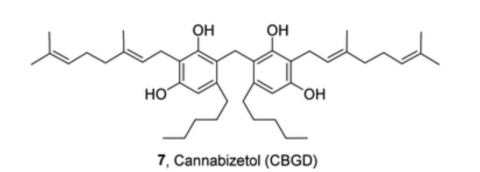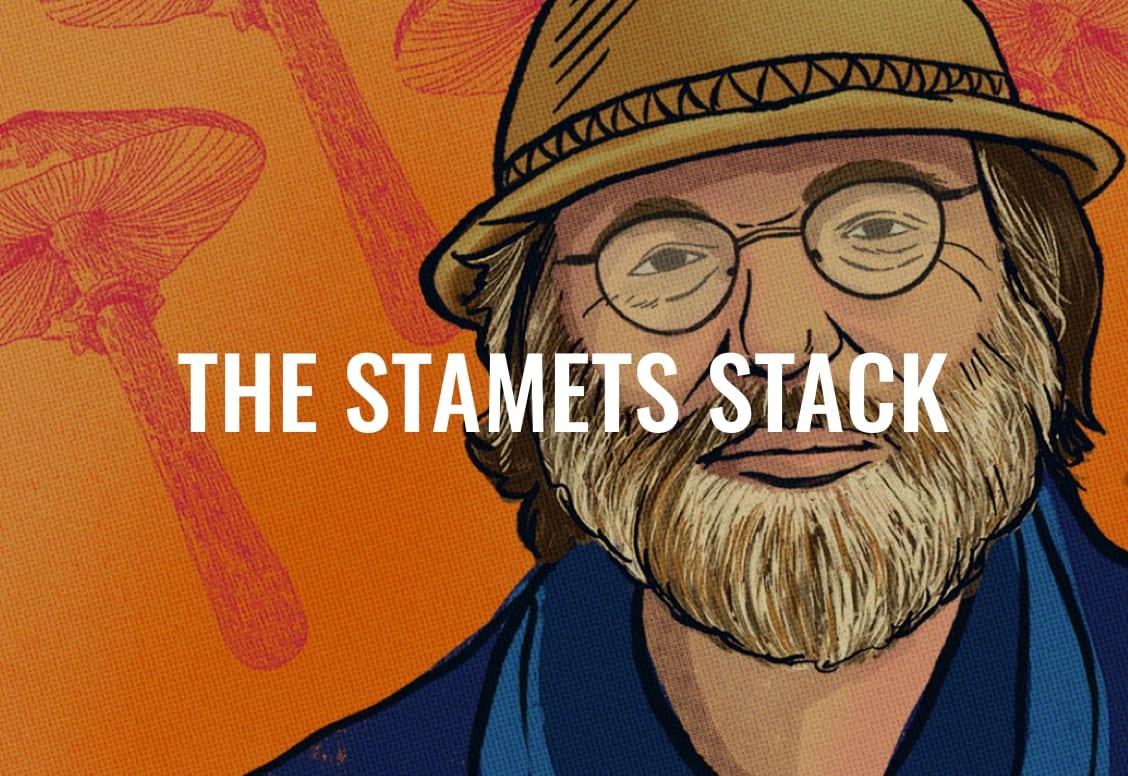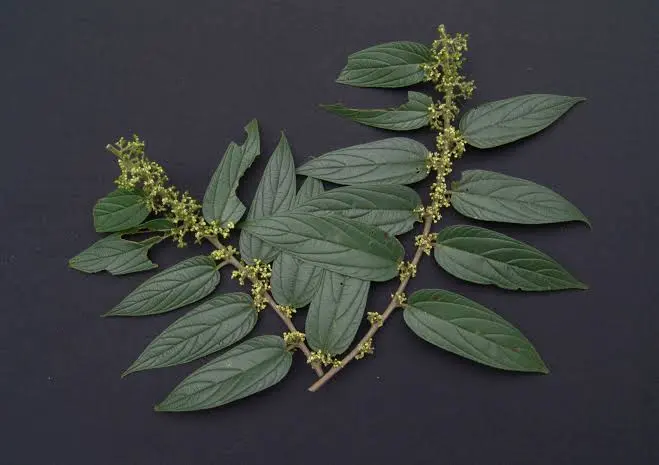PREVALENCE OF CANNABIS USE IN THE EU
It is not that Cannabis is a new concoction that was introduced to the people just recently. The usage of Cannabis has been deemed controversial ever since people got to know about its potential of abuse and later, when another group of people started using it for its beneficial properties.
According to a report published by the World Health Organization in 2015, within the WHO European region:
- an estimated 14.6 million young Europeans, aged 15–34 years, or 11.7 % of this age group, used cannabis in the last year;
- of this age group 8.8 million of this group were aged 15–24 years;
- levels of lifetime use differ considerably between countries, ranging from around one-third of adults in Denmark, France, and the United Kingdom, to 8% or less than 1 in 10 in Bulgaria, Romania and Turkey. (2)
All these recent statistics show that cannabis use is undoubtedly on the rise, especially as more countries in Europe move towards its legalization.
Now, more than ever, scientists, legislators, and the cannabis community are looking at cannabis, and cannabinoids, at different perspectives as we race to grasp all the knowledge we can in this new era of legalization.
MORE READING: TOLERANCE IN CBD OIL
THE ISSUE OF SAFETY & CANNABINOIDS
One major issue that drives research is the issue of safety of THC consumption and understanding what cannabis users can do to mitigate any risks associated with the overconsumption and subsequent intoxication of this psychoactive cannabinoid. (3)
Within cannabis science and the cannabis community at large, it’s generally believed that CBD can mitigate the effects of THC, a hypothesis that has been generally supported since it emerged in the studies of renowned cannabinoid scientist Dr. Ethan Russo in 2006.
The belief is that CBD can act as a powerful “antidote” in the event of THC over-consumption. In fact, most guides about cannabis will tell users to turn to CBD to get them back to a feeling of equilibrium. (4)
THE GO-TO THC ANTIDOTE
Current research suggests that CBD can:
- reduce the negative side effects associated with THC;
- simultaneously enhance the therapeutic efficacy of THC;
- lessen the “euphoria” associated with cannabis intoxication;
- lead users to experience fewer psychotic experiences and less memory-impairment when using CBD alongside THC.
However, three studies have recently emerged that show differing perspectives regarding the efficacy of CBD oil for reducing THC intoxication. (5)
So now, we shall examine three different but recent studies that will show that although we are undoubtedly getting closer to more effective research in cannabinoid science, there is still a lot more work that needs to be done before we claim victory in this department.
STUDY 1: CBD & DRIVING IMPAIRMENT
The WHO reported that the WHO European region has one of the lowest rates of road and traffic mortality, with most European countries taking official efforts to improve road safety.
Drunk driving has been a large concern among European countries, with a median of 14% of road traffic deaths being attributed to drunk driving.
However, as cannabis use increases and EU countries work towards creating safer roads, free of intoxicated drivers, there is a possibility that the issue of THC and other cannabinoids will begin to take centre stage. (6)
An emerging body of research that largely includes epidemiological studies is suggesting that cannabis intoxication produces a modest increase in the risk of being involved in a crash, although not the risk of being seriously injured or killed.
However, one new study examining the modulating effect of CBD on THC while driving has revealed that CBD may not be as powerful as the community thought in reducing the effects of THC.
CBD & THC are Put to the (Driving) Test
Earlier this spring, an article was released from Australia and New Zealand in Psychopharmacology that tested the hypothesis of CBD’s mitigating effects on THC.
In this study, 14 participants were put through various driving simulations, with each participant receiving different ratios of CBD to THC. All participants were identified as infrequent users, consuming THC less than 2 times per week in the previous 3 months, and all had possessed an Australian driver’s license for one year or greater.
Exclusion criteria for participation included current mood disorder, lifetime major psychiatric illness, history of clinically significant adverse response to previous cannabis exposure, any moderate or severe substance use disorder as assessed by an addiction medicine specialist, pregnant/nursing, interest in treatment to reduce cannabis use, current use of medications known to affect driving, active hypertension, cardiovascular disease, or chronic pulmonary disease.
All 14 participants received cannabinoids that they would vaporize before taking place in the driving simulations. This included a THC-dominant strain (11% THC, < 1% CBD [hereafter “THC”]), a THC/CBD-equivalent strain (11% THC, 11% CBD [hereafter “THC/CBD”]), and placebo (< 1% THC; <1% CBD) cannabis.
Prior to inhalation, measures were taken to ensure that participants did not have any alcohol or drugs in their system, and cognitive tests were performed as a baseline for which to compare to post-inhalation. Blood was drawn from participants 20-minutes prior to inhalation.
Participants were invited to vaporize their products using a standardized procedure over 5 minutes at 200 degrees C. Participants were asked to try to identify what cannabinoid product they’d consumed, with most of the participants receiving the placebo being able to identify it as such based on the size of the vapor plume created by the placebo.
The driving simulator was a custom-built program designed to emulate the feeling and experience of being behind the wheel of an automotive vehicle and was designed to collect driver response time to certain stimuli and driver behavior within certain driving scenarios. Scenarios included both highway and rural driving areas, where there were other vehicles present.
Results May Surprise You
Here’s what these experiments revealed, in a nutshell: Both the THC and THC/CBD group subjectively identified feeling “stoned” with the THC/CBD group identifying a slightly higher rate of sedation than the placebo group.
Both the THC and THC/CBD group reported feeling anxious behind the wheel in the simulated driving experience, with the feelings of anxiety being experienced later in the experience by the THC group than the THC/CBD group. Both THC and THC/CBD participants self-reported a decreased “confidence to drive”.
During the driving tasks, both the THC and THC/CBD group had a degree of “lane weaving” compared to the placebo group, yet it was shown that the cannabinoid groups left a significant more amount of space between their car and other cars, leading the researchers to hypothesize that this was due to perceived impairment.
When the cannabinoid content of the blood samples was examined, it surprisingly showed that peak THC levels were significantly higher in the THC/CBD participants than in the THC condition.
This, along with the observed cognitive changes, the blood test results, and the driving test results led the researchers to conclude that, vaporized cannabis with equivalent concentrations of THC and CBD causes similar impairment of driving and cognition to THC-dominant cannabis, and does not produce substantially different subjective effects
The researchers go on to reveal one of the most interesting parts of the study, and that is the presence of CBD may increase plasma concentrations of THC, and subtly increase some measures of cognitive and driving impairment. These results have significant implications for individuals using medicinal and recreational cannabis containing both THC and CBD.
The researchers astutely acknowledge the limitations of this study that include a) that there was no CBD-only product tested in this study, thus making it impossible to draw a correlation between CBD use and driving; b) that participants were only infrequent cannabis users, and thus, didn’t assess effects on frequent cannabis users; and c) those who inhaled the placebo were able to identify it as such, possibly affecting their performance and results.
This study is very helpful in acknowledging that while CBD is often cited as a powerful antidote to THC, it may increase the efficacy of the THC when consumed in equal ratios. This is largely why CBD is used in conjunction with THC in therapeutic approaches to cannabis medicine.
While this study holds a lot of weight in terms of its implications for public safety, some concurrently released studies are further supporting the hypothesis that CBD can indeed mitigate the effects of THC.
STUDY #2: CBD IMPAIRS FUNCTIONAL CONNECTIVITY
Concurrently to the above investigation, a study was published in The Journal of Psychopharmacology that showed that the role of CBD in mitigating the effects of THC is still up for debate.
A randomized, crossover, placebo-controlled, double-blind design was used to compare cannabis containing both THC and CBD (referred to as Cann+CBD in this study), cannabis containing THC but no CBD (referred to as Cann−CBD in this study) and matched placebo cannabis containing neither compound.
Participants were between the ages of 18 and 70 with the mean age being 26.2, 9 of the 17 being female. All participants were not frequent cannabis users.
Participants were randomly assigned to one of three treatments and were all instructed to have not used cannabinoids for a week prior to the study. Participants used a Volcano Medic Vaporizer to inhale their target dose [8 mg THC and 10 mg CBD (in the Cann+CBD treatment) and 8 mg THC (in the Cann−CBD treatment), which was deemed equivalent to 25% of an average joint found in the UK. All participants used a similar inhalation method. (7)
CBD & THC ARE PUT TO THE COGNITIVE TEST
Participants were placed in an MRI machine and were subject to various tasks, including a music listening task and a memory task.
The researchers found that compared to the brain’s “default mode” the low-CBD strain impaired functional connectivity in the posterior cingulate area and salience networks (which help our brains determine what stimuli to pay attention to), while the high-CBD strain caused only a minimal disruption to these regions, suggesting that the CBD counteracts some of THC’s psychoactive effects.
This lends support to an emerging view that the effects of THC and CBD are in many ways oppositional, and that CBD may serve to buffer the user somewhat against the harmful long-term effects of THC.
The present data further suggest that CBD may also buffer the user against the acute effects of THC on the PCC (posterior cingulate cortex) and abolishes the relationship between functional disruption in this region and the subjective effects of intoxication.
STUDY #3: CBD BLOCKS THC-RELATED EFFECTS
In Canada, where cannabis has been made legal across the nation, scientists at Western University also put the CBD-to-mitigate-THC hypothesis to the test.
The new study published in The Journal of Neuroscience shares that they have reached the “critical neural nexus point mediating THC-induced affective disturbances and suggest a potential mechanism by which CBD may counteract the psychotomimetic and psychotropic side-effects of THC”. (8)
This study is still hiding within the ivory tower and the public is not yet able to access the full text of this study, but what we can see shows in the study’s statement of scientific significance:
“We demonstrate that THC induces cognitive and affective abnormalities resembling neuropsychiatric symptoms directly in the hippocampus, while dysregulating dopamine activity states and amplifying oscillatory frequencies in the ventral tegmental area via modulation of the extracellular signal-regulated kinase (ERK) signaling pathway.
In contrast, CBD co-administration blocked THC-induced ERK phosphorylation and prevented THC-induced behavioral and neural abnormalities. These findings identify a novel molecular mechanism that may account for how CBD functionally mitigates the neuropsychiatric side-effects of THC.”
To put it simply, the scientists were able to show that the administration of THC can lead to “THC-induced behavioral abnormalities”, but that CBD can mitigate the “neuropsychiatric” side effects of its psychoactive counterpart.
UNDERSTANDING RESEARCH ON CANNABIS
A few aspects of research need to be recognized when interpreting research on cannabis, as not all research is to be taken as straightforward, especially around contentious issues like cannabis legalization.
These aspects of research include:
- Country of origin and current legal status;
- Sponsor of the research;
- Relevancy of the research (i.e. when was it published);
- Any identified (or un-identified) research bias;
- The need for more research that is stated in most
Responsible consumers, and advocates look at the research, but also beyond the research and use their own critical thinking, experiences, and experiences of others to form their own opinions on cannabis.
SO, IS CBD PSYCHOACTIVE?
When CBD was introduced within the cannabis community, it was largely referred to as “non-psychoactive”, meaning that it didn’t have the psychoactive “high” associated with THC.
However, as more is learned about CBD through various research studies, we do begin to understand that cannabidiol can affect the mind and mental health.
In recognition of this, the cannabis community has largely replaced the verbiage of “non-psychoactive” with “non-intoxicating” as it does not cause impairment.
Going forward, it’s responsible for cannabis brands, educators, and legislators to understand the acute details, and emerging science, that helps us understand how cannabinoids affect the mind, and body, and thus, safety and risk.
YOUR CANNABIS RESEARCH EXPERT
Euro CBD Expert remains dedicated to reviewing the latest research on cannabinoids to guarantee that those interested in cannabinoid consumption are up-to-date on information about how cannabinoids are affecting people, health, and our societies.
REFERENCES
- Legalization, Decriminalization & Medicinal Use of Cannabis: A Scientific and Public Health Perspective – PMC [Internet]. [cited 2023 Mar 9].
- Jackisch J, Sethi D, Mitis F, Szymañski T, Arra I. 76 European facts and the global status report on road safety 2015. Inj Prev.
- Safety and Toxicology of Cannabinoids – PMC [Internet].
- Russo E, Guy GW. A tale of two cannabinoids: the therapeutic rationale for combining tetrahydrocannabinol and cannabidiol. Med Hypotheses.
- Niesink RJM, Laar MW van. Does Cannabidiol Protect Against Adverse Psychological Effects of THC? Front Psychiatry.
- Cannabis, Impaired Driving, and Road Safety: An Overview of Key Questions and Issues – PMC
- Wall M, Pope R, Freeman T, Kowalczyk O, Demetriou L, Mokrysz C, et al. Dissociable effects of cannabis with and without cannabidiol on the human brain’s resting-state functional connectivity. J Psychopharmacol
- Cannabidiol (CBD) content in vaporized cannabis does not prevent tetrahydrocannabinol (THC)-induced impairment of driving and cognition – PubMed [Internet].
MEDICALLY REVIEWED BY:













